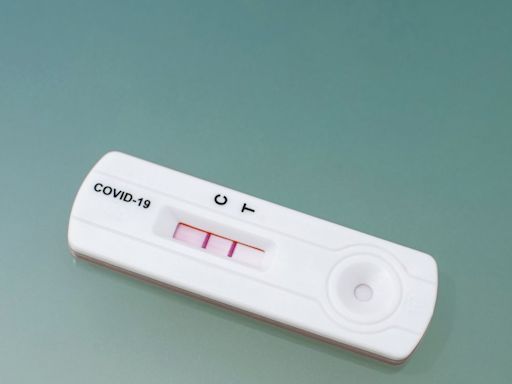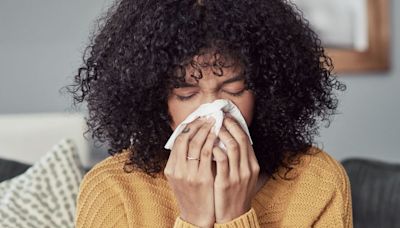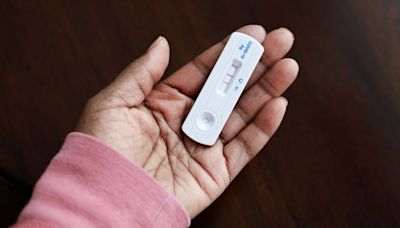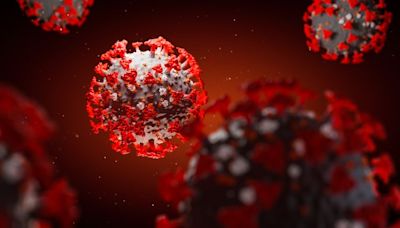Ad
related to: what are covid symptomsNIH says about 176M US adults are at risk of severe COVID-19. Check your risk status now. NIH says about 75% of US adults are at risk of severe COVID-19. Check your risk status.
- Get COVID-19 Care Now
Clinicians are standing by.
Talk to clinicians about treatment.
- Telehealth for COVID-19
Get COVID-19 telehealth fast.
Talk to a clinician online.
- Get COVID-19 Care Now
Search results
Mar 15, 2024 · COVID-19 is caused by infection with a coronavirus named SARS-CoV-2, and flu is caused by infection with influenza viruses. You cannot tell the difference between flu and COVID-19 by symptoms alone because some of the symptoms are the same. Some PCR tests can differentiate between flu and COVID-19 at the same time.
Mar 27, 2024 · Critical COVID-19 illness means the lung and breathing system, called the respiratory system, has failed and there is damage throughout the body. Rarely, people who catch the coronavirus can develop a group of symptoms linked to inflamed organs or tissues. The illness is called multisystem inflammatory syndrome.
Nov 10, 2023 · COVID-19 is a respiratory condition caused by a coronavirus. Some people are infected but don’t notice any COVID-19 symptoms (doctors call that being asymptomatic).
- 46 sec
- Alexandra Benisek
Mar 1, 2024 · The most common Covid symptoms haven’t changed much since the start of the pandemic, and they remain consistent for the latest dominant variant, JN.1, said Dr. Soniya Gandhi, the associate chief ...
Jan 27, 2022 · What are the first symptoms of coronavirus infection? Early symptoms reported by some people include fatigue, headache, sore throat and fever. Others experience a loss of smell or taste. COVID-19 can cause symptoms that are mild at first, but then become more intense over five to seven days, with worsening cough and shortness of breath.
Apr 5, 2024 · If you are looking after someone with COVID-19, help the person track symptoms. You may need to help with child care or getting food and any medicine needed. And it can help to take care of the person's pet. For as long as COVID-19 symptoms get worse, stay home and apart from people who don't have COVID-19. That will help stop the spread of the ...
Nov 3, 2023 · COVID-19 symptoms usually start 2 to 14 days after exposure to SARS-CoV-2. But symptoms of a common cold usually appear 1 to 3 days after exposure to a cold-causing virus. There's no cure for the common cold. Treatment may include pain relievers and cold remedies available without a prescription, such as decongestants.






